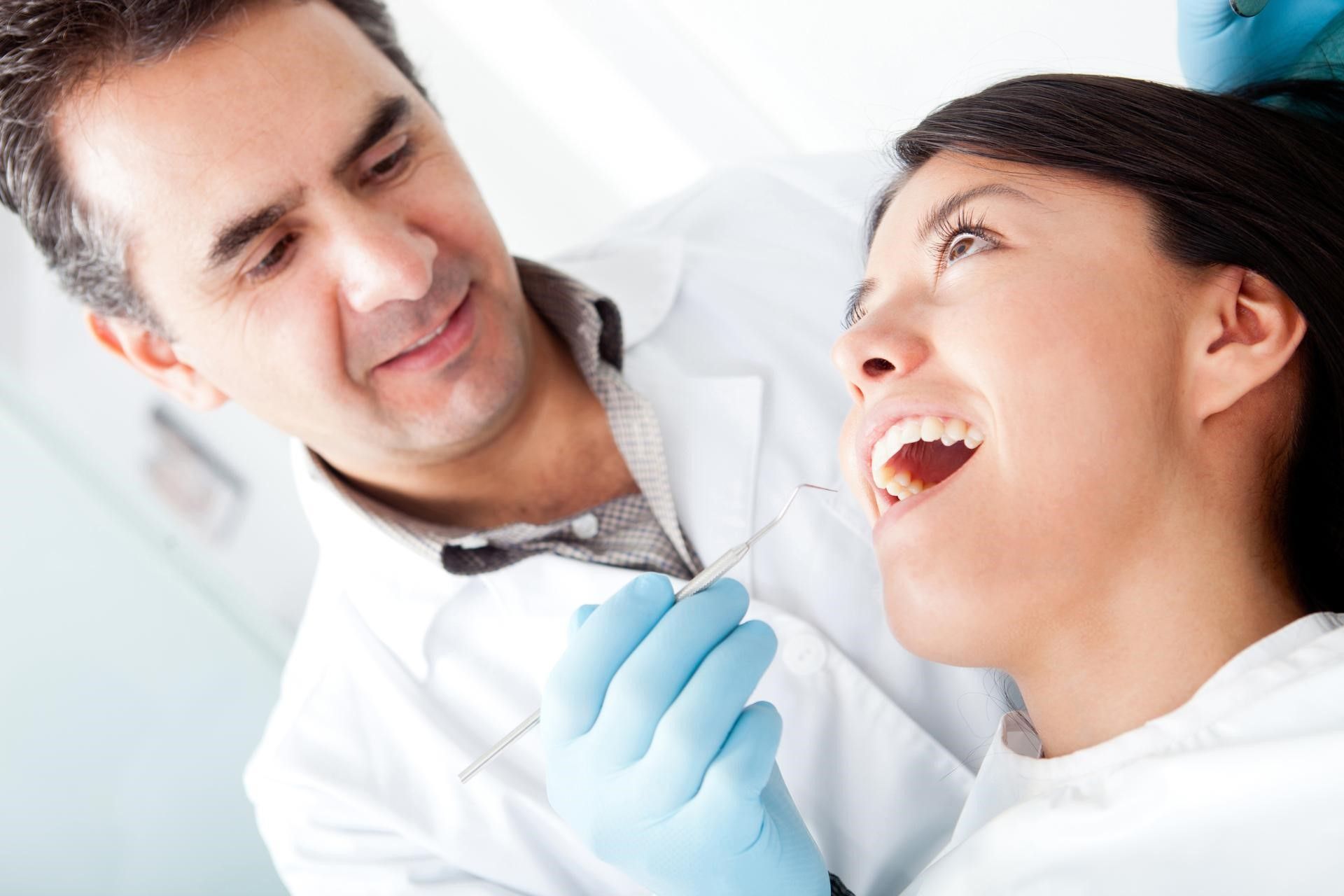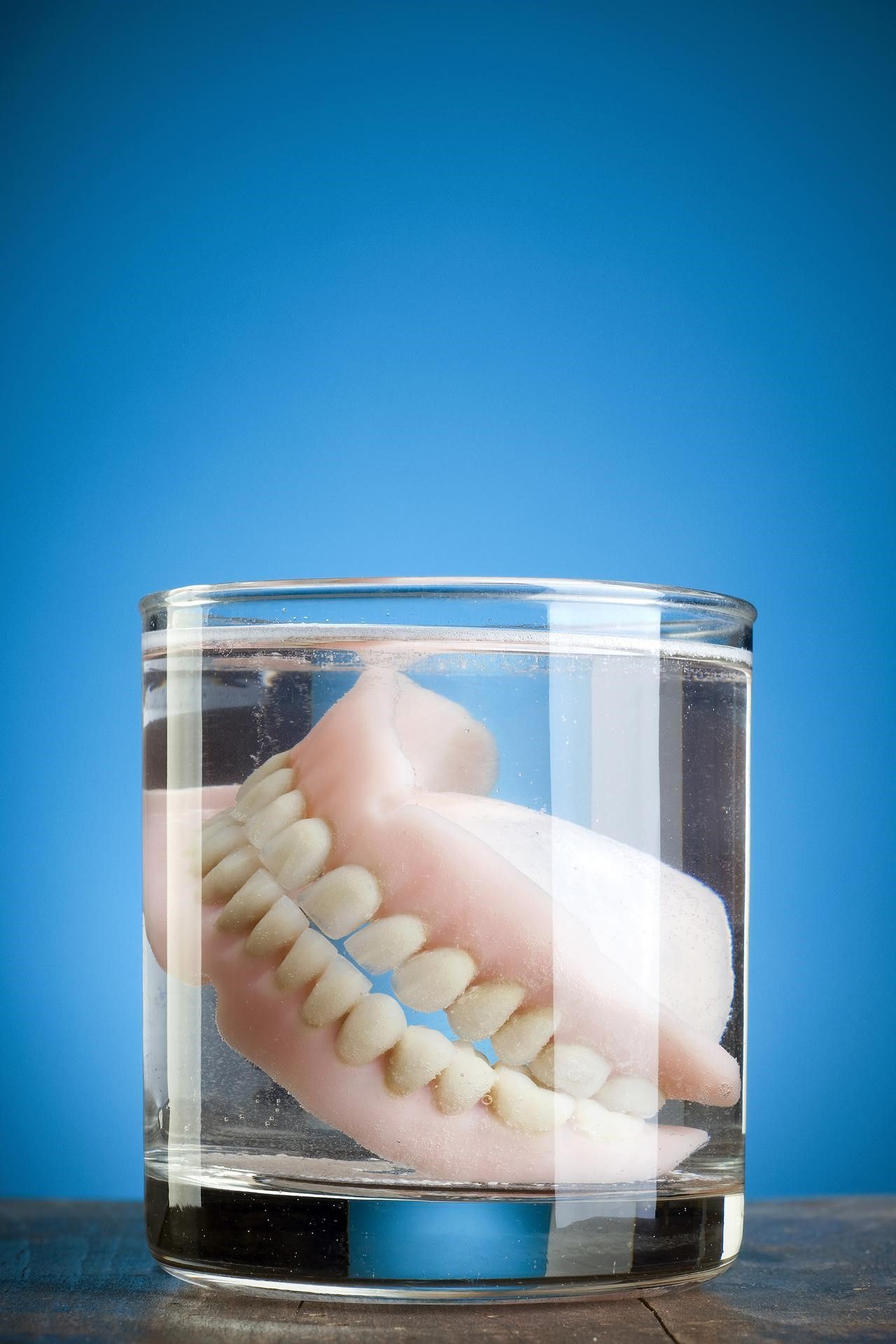3 Ways To Minimize Aggressive Dental Treatments

Aggressive dental treatment involves intensive and extensive procedures that affect more tissues than minimally or non-aggressive treatment. For example, surgical tooth extraction is usually more aggressive than tooth splinting for a loose tooth. Aggressive treatments may take a long time and cost a lot of money. Below are ways to reduce your need for aggressive dental treatments.
1. Embrace Preventive Dentistry
The best way to avoid invasive dental treatments is to prevent dental problems that necessitate the treatment. Below are some tips to help you.
Practice Good Oral Health
Maintaining good oral hygiene is an easy and affordable way to prevent numerous dental problems. Brushing twice daily and flossing once daily reduces the bacteria in your mouth, which would otherwise cause tartar and plaque that trigger gingivitis. Untreated gingivitis might lead to periodontitis, which usually requires invasive treatment.
Minimize Risk Factors
Also, recognize and limit risk factors for dental problems. For example:
- Wear protective gear, such as mouth guards, when playing to avoid teeth injuries
- Avoid smoking since it increases the risks of dental problems, including gum disease
- Eat healthy to avoid nutritional deficiencies that might weaken your teeth
- Avoid sugary snacks that allow bacteria to thrive in your mouth
Your dentist may give you specific tips to observe during dental examinations, so follow the tips fully.
Get Regular Dental Examination
Regular dental examinations help in two main ways. First, the examinations allow the dentist to spot and diagnose emerging issues before they become serious. For example, the dentist may probe your gums and detect signs of early gingivitis. That way, you can get professional cleaning and antibacterial treatment to prevent the disease from progressing to periodontitis.
Get Preventive Treatment
Dentists offer preventive treatments to those with heightened risks of dental problems. Get all the preventive treatments your dentist considers necessary for you. For example, you may get dental sealants to strengthen your enamel and protect your teeth if you have a high risk of dental caries.
2. Get Early Treatment
Preventive dental treatment may help you avoid numerous issues, but it doesn't prevent everything. Your lifestyle, genetics, age, and overall health all affect whether you develop dental problems. Get a professional diagnosis and help immediately if you suspect a problem. The following examples illustrate the need for early dental care:
- Gum disease starts as gingivitis but progresses to the deadly periodontitis with delayed treatment.
- Dental cavities usually start as smooth decay that only affects the enamel's surface but can progress to root decay, which requires extensive treatment.
- A cracked tooth can allow bacteria to reach the deeper tooth tissues, such as the root canals, and necessitate intensive treatments.
These examples underscore the need for early treatment to avoid invasive ones. Therefore, don't hesitate to visit the dentist, even with minor issues.
3. Ask For Non-Invasive Treatments
You do not always need invasive treatments for complex or serious dental problems. Dentists and scientists have developed non-invasive treatments that also work with such problems.
An example is air abrasion, where the dentist uses a stream of compressed gas, such as air, to remove diseased tooth structures. Air abrasion is easy to target, so a dentist using it easily avoids damaging nearby healthy tissues.
Another example is laser dentistry instead of physical dental instruments. Laser dentistry uses focused light energy to detect dental problems, trim oral tissues, and cut oral tissues. For example, your dentist may use laser instruments to shape your gums instead of traditional ones.
Hopefully, you will take good care of your teeth and not need aggressive treatments. However, sometimes things happen outside your control and necessitate aggressive treatments. Contact Professional Dental Center for help whether you need preventive or corrective dental care.
Eastland Dental Center
Address: 20960 Kelly Road Eastpointe, MI 48021
- Mon, Wed, Thu
- -
- Tue, Sat
- -
- Friday
- Closed
- Sunday
- Closed






